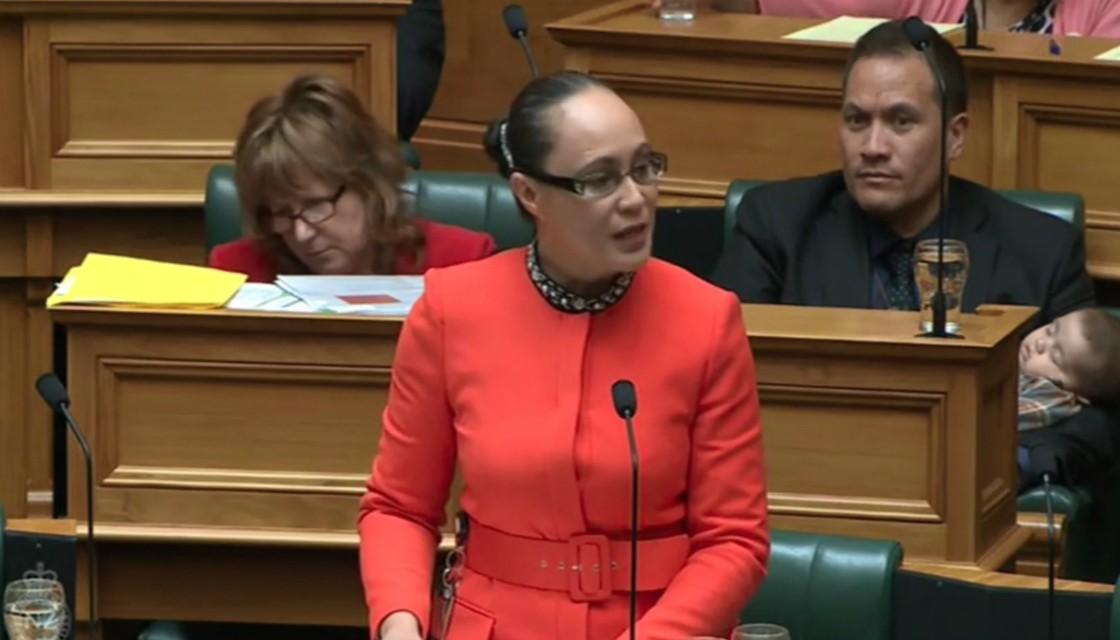The Government is "still working towards" introducing laws around vaping in New Zealand despite announcing plans to regulate it back in November 2018.
Associate Health Minister Jenny Salesa said at the time the Smoke-free Environments Act - which regulates tobacco in New Zealand - would be "amended next year" [in 2019] - but the year passed with no update.
"More than a year has passed and we've seen nothing from the Government," ACT leader David Seymour said. "The Government's task should be to prevent these products from falling into the hands of children."
Phil Twyford, the duty minister filling in for Salesa, told Newshub the legislation is a "priority" for her and that amending the current law to include vaping regulations this parliamentary term "remains our goal".
"We look forward to all those with an interest in the future of vaping regulation in this country to have their say at the select committee process that will begin later this year," Twyford said.
Salesa has dropped some clues about what the public can expect from the legislation.
In 2018, she said there would be "changes to the way vaping products are displayed in retail stores" and that this will be "similar to retail advertising of tobacco products".
Salesa also said the new laws would "put a stop to vaping and similar smokeless tobacco products in places such as bars, restaurants and workplaces - as we already do with cigarettes".

The Government is yet to announce if those "similar smokeless tobacco products" could include oral tobacco products like snus, which is not burned but absorbed through the mouth's lining.
The minister told Newshub in September the Government is considering banning most flavours of vape liquid and only allowing three flavours to be sold.
The Cancer Society is asking the Government to ban vape flavours that are attractive to children, and ensure all smoke-free areas are also vape free.
A survey conducted by the Cancer Society found 90 percent of schools were aware of students vaping, with more than half describing it as a problem, and nearly one in 10 primary schools aware of students vaping.
The Ministry of Health proposed more regulations including setting standards for refill containers and devices, prohibiting harmful ingredients and setting upper limits on nicotine levels.
It followed the revelation in January 2019 that the vaping business was booming in New Zealand and research later that year showing the vast majority of online sellers of vaping products weren't checking buyers' age.

It is an offence to sell nicotine products to people aged under 18.
Smoking rates in New Zealand continue to reduce, with 12.5 percent of adults smoking daily down from 18 percent in 2007, according to Smoke-free New Zealand.
The drop in smoking fits with the Government's goal of becoming smoke-free by 2025, bolstered by another hike in tobacco tax in January pushing up a 25-pack of cigarettes to the $40 mark.
It's hoped vaping could help more people quit.
Bipartisanship on vaping regulation
The Health Select Committee heard from young submitters in 2019 who explained how vaping had become more popular in schools and could potentially act as a gateway to smoking.
But the Government still believes that vaping should be available as a means to quit smoking.
"Vaping should be available for smokers who choose to utilise it as a quit tool whilst ensuring these nicotine products are not marketed or sold to children and young people," Twyford told Newshub.
"While vaping is not harmless, it is much safer than smoking."
Opposition leader Simon Bridges offered an olive branch to the Government in 2019, saying National would work with them to give parents "greater certainty with some urgency" around vaping.
But National's health spokesperson Michael Woodhouse later said the Government had "thumbed its nose at National's offer to cooperate on a regulatory regime".
Seymour says vaping is a "much safer alternative" to smoking and the Government "must put vaping and smoking on a level playing field so that smokers have an incentive to quit".



